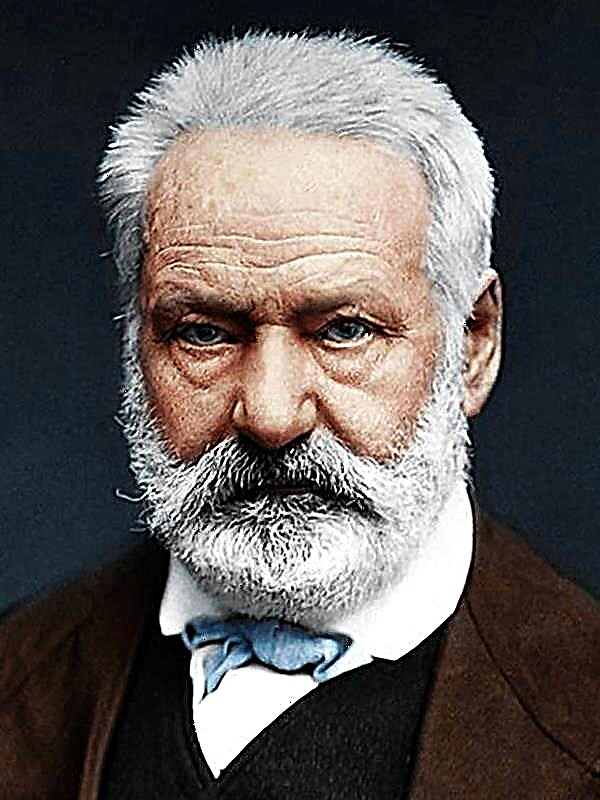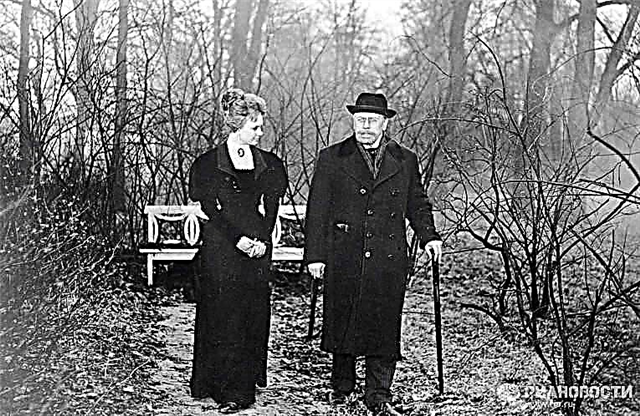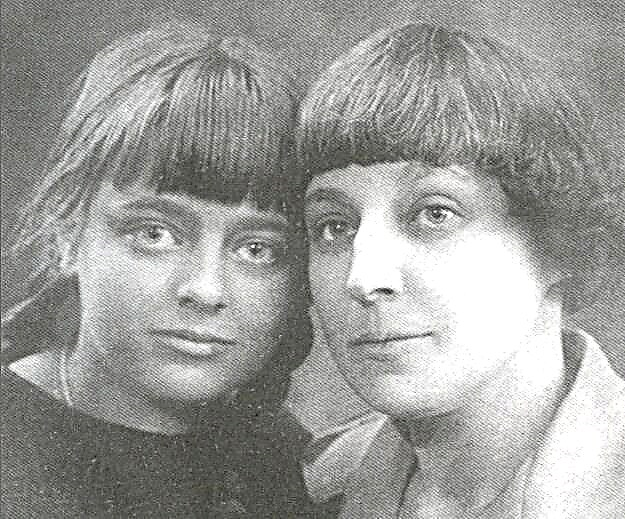The Siberian writer V.P. Astafyev in his works tried to show readers the importance and necessity of preserving and enhancing Russian culture, to form a careful attitude to the environment and to be partial to environmental problems, and also subtly touched on the moral issues of urban and rural residents. He very vividly and colorfully described the local flavor, life, customs and traditions of the Siberian peoples.
His story “The Fish King” was included in the eponymous collection of short stories by the author, which are related by time and place, united by topics of poaching, relations between people, as well as between man and nature.
Writing history
The story "King Fish" is the most important work of the author's collection. The collection itself was first published in 1976, the work "King Fish" in it was the fifth.
All works of the collection are autobiographical. In his collection, he introduces us to the life of people by the river. A feature of the plot moves of his stories is that criminal activity against nature subsequently provides for punishment. The most relevant topic is poaching in fishing.
Astafyev had a difficult relationship with the censorship of that time, and his works were printed in parts, cut out and corrected. But the story "King Fish" was published, albeit in parts, but without corrections, which surprised the author and his friends, as well as fans of his talent.
Soon, the writer’s book became popular and hit the foreign press, causing controversy there. Of the printed works included in the collection, the novel “The Tsar the Fish” was the most successful. Then the authorities ceased to be wary of Astafyev’s work and even presented the talented writer with a high award - the USSR State Prize.
Genre and meaning of the title of the work
The story "King Fish" refers to village prose. The sturgeon, the most valuable commercial fish, has long been considered the king fish. In the story and in other stories of the cycle, this mythological image-symbol of the gigantic size of the fish represents all the great nature, its strength, power, over which man has no power. Man cannot exist without nature and its gifts, resources, and nature at all times can exist without man.
The king fish is mother nature, it carries a new beginning in itself - many eggs from which a new life will emerge. In the story, the author uses the technique of personification: a huge fish is a person’s fate, his moral principle. She judges a person for his moral misconduct and for his barbaric attitude to nature and punishes him.
The fish king makes the main character Zinovy Ignatych remember the immoral act in relation to his beloved girl Glasha and repent of his deed. Finding himself on the verge of life and death, the hero realized his sins, received repentance and cleansing. He revised his views on life, his attitude to nature and people became different.
Themes and problems of the story
In his work, the author touches on many topics. This is the theme of the relationship of man to nature, to people, the theme of fate and punishment for human actions, the theme of repentance, cleansing from sins, forgiveness.
Astafyev also interestingly describes village life, mores, depicts the local flavor in the story. Psychologically, he talks about the hero, about his life path.
With his work, the author addresses the problems and issues of ecology, the state of the environment and the impact of human activities on it.
The expressive means of the work
In the story “Tsar-fish” V.P. Astafiev reveals the essence of man through nature and the greatness of nature through man through comparisons and metaphors. The prose of the author is very rich in artistic means and expressive techniques. For example, he uses the generalization technique, calling the hero not by name, but just a person. He also uses associative connections, vernacular words, a local dialect, drawing the lifestyle of fishermen.
The author condemns people for their selfishness, greed, shortsightedness and other negative traits. He, with the help of numerous tricks and means, expresses his negative attitude, rejection of such illegal phenomena as poaching and other actions of people harming nature.
The Story of V.P. Astafyeva teaches readers to live according to the laws of nature and moral purity, to rationally use natural gifts, to be human in relation to plants, animals and people.












